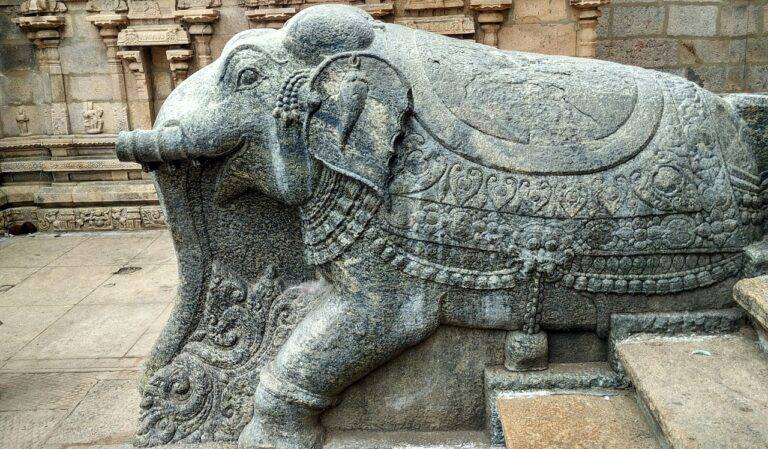The Rise of Populist Movements in Modern Elections
Populist movements are political movements that claim to represent the common people against the elite or establishment. These movements often tap into the frustrations and grievances of the general population, promising to address their concerns and bring about change. Populist leaders typically portray themselves as outsiders fighting for the interests of the common folk, often using divisive rhetoric to criticize the political and economic status quo.
Characterized by a simplistic and polarizing worldview, populist movements tend to appeal to emotions rather than facts or rational arguments. They often thrive on creating an “us versus them” narrative, where the “people” are pitted against a perceived enemy, whether it be the rich, immigrants, or other marginalized groups. While populist movements can sometimes bring attention to legitimate issues that are overlooked by mainstream politics, critics argue that they can also sow division and exploit societal tensions for political gain.
Origins of Populist Movements
Populist movements have historical roots dating back to the late 19th century, emerging in response to socioeconomic inequalities and the consolidation of power among a select elite. The rise of industrialization and the expansion of capitalism created a divide between the working class and the wealthy, leading to discontent and calls for change.
During this period, political parties and leaders sought to mobilize support by appealing to the frustrations and grievances of the common people. Populism often manifested through calls for economic reforms, greater political representation for the marginalized, and a rejection of established elite institutions. The desire for a more egalitarian society and a fairer distribution of wealth fueled the growth of populist movements across different regions and nations.
What is a populist movement?
A populist movement is a political movement that seeks to represent the interests and concerns of ordinary people, often by opposing the established elite or political institutions.
What are some common characteristics of populist movements?
Populist movements often use simplistic rhetoric, appeal to emotions rather than logic, and blame societal problems on a specific group or elite.
Where do populist movements typically originate?
Populist movements can originate from various sources, including economic inequality, cultural changes, political corruption, and dissatisfaction with government policies.
How do populist movements gain support?
Populist movements often gain support by tapping into the frustrations and fears of the general population, offering simple solutions to complex problems, and portraying themselves as outsiders fighting against a corrupt establishment.
Are populist movements always successful?
Populist movements can vary in success, with some leading to significant political change and others ultimately failing to achieve their goals. Success often depends on the specific circumstances and context in which the movement emerges.





